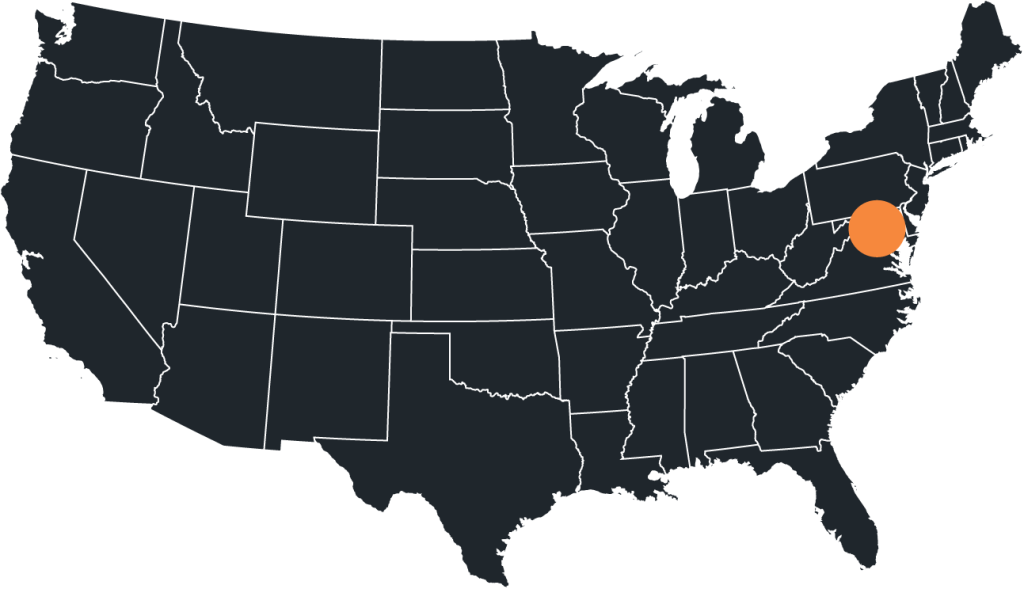

In developed countries this dynamic places increased pressure on aging and often under-maintained infrastructure, while in developing countries there is extraordinary demand for new infrastructure to support economic growth. Cities must address these challenges in order to protect healthy living conditions for their residents, compete against other cities as a desirable place to live and work, and comply with state and federal environmental regulations.
However, the enormity of capital spending required, the continued stress on public budgets and borrowing capacity, and the long-term planning required pose significant challenges to closing the infrastructure gap. In the meantime, the resulting shortfall in infrastructure investment is increasingly contributing to pollution and other environmental problems. These negative impacts are felt most acutely among poor and vulnerable communities.
The global demand for new infrastructure and the limited capacity of governments creates opportunities for private capital to support infrastructure for the future. Encourage Capital is developing investment strategies to accelerate the deployment of innovative infrastructure solutions to make cities more sustainable and resilient. We envision a world where built infrastructure is designed and constructed to use natural resources more efficiently, and where the cities recognize the value and potential of natural ecosystems to provide essential ecosystem services. We partner with governments, utilities, engineering firms, and conservation organizations to invest in infrastructure projects that add green space, improve water and air quality, restore and protected ecosystems, enhance coastal resiliency, and lower carbon emissions.
Urban runoff generates 10 trillion gallons of polluted water that flows into waterways and oceans, often combined with untreated human sewage. – Natural Resources Defense Council
Stormwater runoff is generated when rain and snowmelt fail to seep into the ground because of impervious areas such as paved streets, parking lots and rooftops. Each year, urban runoff generates 10 trillion gallons of polluted water that flows into waterways and oceans, often combined with untreated human sewage, adversely impacting a wide range of natural resources as well as important activities such as commercial and recreational fishing, swimming, and boating.
While many U.S. cities are required by the Clean Water Act to address this issue, constrained public budgets and long project development cycles pose a challenge for actionable investment in stormwater management infrastructure. One city taking an innovative approach to address their water quality goals is Washington, D.C. The District recently increased the amount of stormwater that must be managed on private property, requiring developers to bear some of the cost for reducing stormwater runoff. In conjunction with this new regulation, the District also implemented an innovative stormwater credit trading program. This program provides financial benefit, design flexibility, and community benefits to District-area property developers. Developers may manage their runoff onsite with green roofs, rain gardens, porous concrete and the like, and up to 50% of a project’s regulatory requirement may be achieved offsite. Regulated projects choosing to meet a portion of their retention requirement offsite can do so by purchasing stormwater retention credits (SRCs), or by paying an in-lieu fee to DOEE. The objective of credit trading is to achieve least-cost compliance throughout the District. Regulated developers for whom meeting requirements is costly or challenging can save money and increase flexibility by purchasing credits.